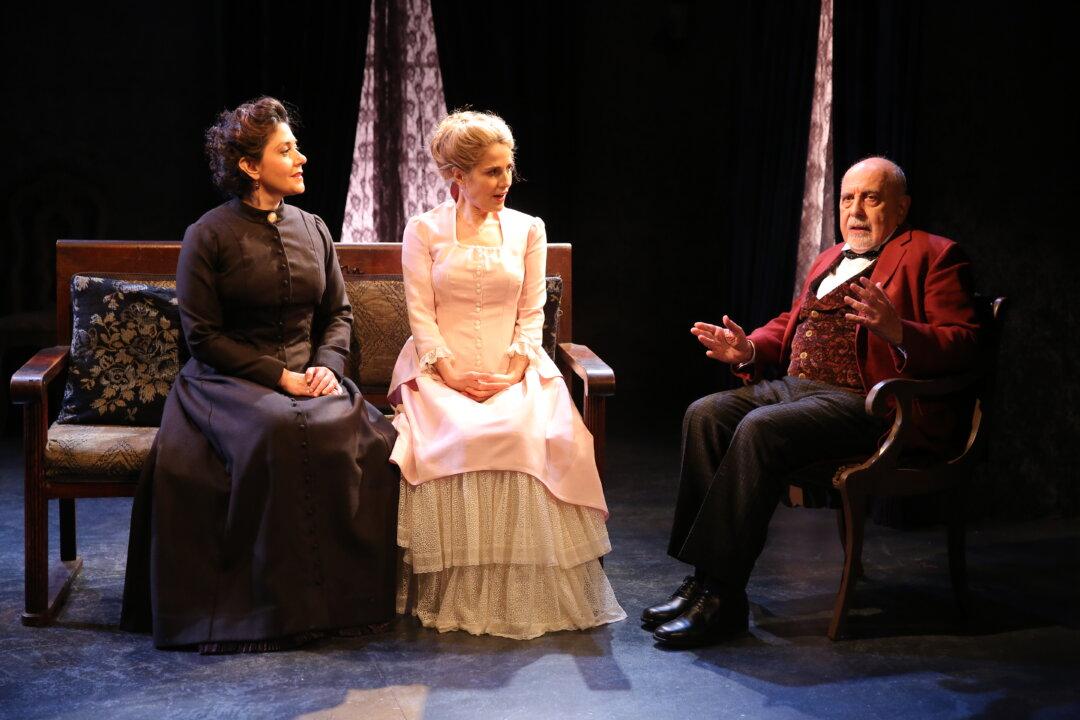NEW YORK—Enjoying its New York English-language debut is “Nora,” noted filmmaker Ingmar Bergman’s adaptation of Henrik Ibsen’s classic drama, “A Doll’s House.” Bergman’s adaptation was last performed in New York in Norwegian at the Brooklyn Academy of Music in 1989.
The translation in this new production is by Frederick J. Marker and Lise-Lone Marker.
Filmmaker Ingmar Bergman's version is taut and spare.





